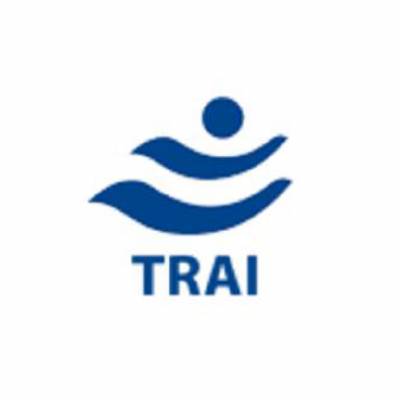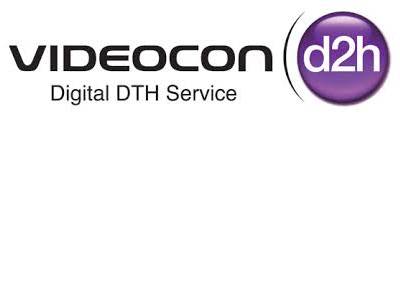TRAI moves for interconnection framework for TV services using DAS
The Telecom Regulatory Authority of India (TRAI) has issued a Consultation Paper on Interconnection framework for Broadcasting TV Services distributed through Addressable Systems. This consultation paper aims at providing a regulatory framework for interconnection, which ensures a level playing field to all types of digital addressable systems. Industry stakeholders have been asked to send in their comments by June 6, 2016 and counter-comments by June 17, 2016.
The consultation paper also discusses issues that came up to the notice of the Authority and plausible ways of dealing with those issues in respect of digital addressable systems. The review of the existing regulatory framework is being done with the objective of fostering competition, increase trust amongst service providers, ease of doing business, reduce disputes, improve transparency and efficiency, promote sustainable, orderly growth and effective choice to consumers.
The existing interconnection regulations for broadcasting and cable services are based on the fundamental principles of non-exclusivity, must-provide, must-carry (for Multi System Operators in DAS), non-discrimination, written agreement, and time bound provisioning of signals for fostering competition and level playing field so that services of good quality at competitive prices can be delivered to the subscribers.
With implementations of DAS, there has been a marked increase in the number of subscribers receiving TV channels through addressable platforms. The number of subscribers being served by the DTH services has also gone up significantly. HITS platforms are also expected to make fast penetration in making available digital broadcasting TV services in the country. Now, majority of the subscribers in India are receiving TV signals through digital addressable systems.
TRAI felt that the interconnection regulations ought to evolve to keep pace with new developments in the sector, while sustaining the fundamental underlying principles of non-discrimination and level playing field. The commercial parameters for revenue share between service providers primarily depend upon number of subscribers subscribing channels/ bouquets. The number of subscribers in each type of addressable platform is verifiable. To ensure non-discrimination and level playing field amongst the distributors using different digital addressable systems such as DTH, IPTV, HITS, and DAS, it would be in the fitness of things that all these service providers are regulated using the common regulatory framework.
Issues for Consultation
Common interconnection framework for all types of addressable systems – to explore ways to ensure a level playing field among different service providers using different addressable systems.
Transparency, non-discrimination and non-exclusivity – to determine whether is any need to allow agreements based on mutually agreed terms, which do not form part of the Reference Interconnection Offer (RIO), in digital addressable systems where calculation of fee can be based on subscription numbers and the probable scenarios for such a requirement.
Examination of RIO – to explore ways to ensure that published RIO by the providers fully complies with the regulatory framework applicable at that time, as well as the deterrents to reduce non-compliance.
Time limit for providing signals of TV channels/ access to the platform – to discuss whether the period of 60 days already prescribed to provide the signals may be further sub-divided into sub-periods as discussed in consultation paper. Also, whether measures need to be prescribed in the regulations to ensure that each service provider honours the time limits prescribed for signing of mutual agreement.
Reasons for denial of signals/ access to the platform – to determine the parameters that could be treated as the basis for denial of the signals/ platform.
Interconnection Management System (IMS) – another issue raised by the consultation is whether an IMS be developed and put in place for improving efficiencies and ease of doing business and if signing of interconnection agreements through IMS be made mandatory for all service providers.
Territory of interconnection agreement – To discuss whether only one interconnection agreement is adequate for the complete territory of operations permitted in the registration of MSO/ IPTV operator and whether MSOs should be allowed to expand the territory within the area of operations as permitted in its registration issued by the Ministry of Information and Broadcasting without any advance intimation to the broadcasters.
Period of agreements – to determine whether a minimum term for an interconnection agreement be prescribed in the regulations.
Conversion from FTA to pay channels – to discuss whether it should be made mandatory for all the broadcasters to provide prior notice to the DPOs before converting an FTA channel to pay channel as well as the period for prior notice.
Minimum subscribers guarantee – to discuss whether the number of subscribers availing a channel be the only parameter for calculation of subscription fee or there could be other parameters for calculating subscription fee.
Swapping of set top box – the paper also raises the issue whether it should be made mandatory for the MSOs to demand a no dues certificate from the LCOs in respect of their past affiliated MSOs and whether it should be made mandatory for the LCOs to provide copy of last invoice/ receipts from the last affiliated MSOs.




















Share
Facebook
YouTube
Tweet
Twitter
LinkedIn